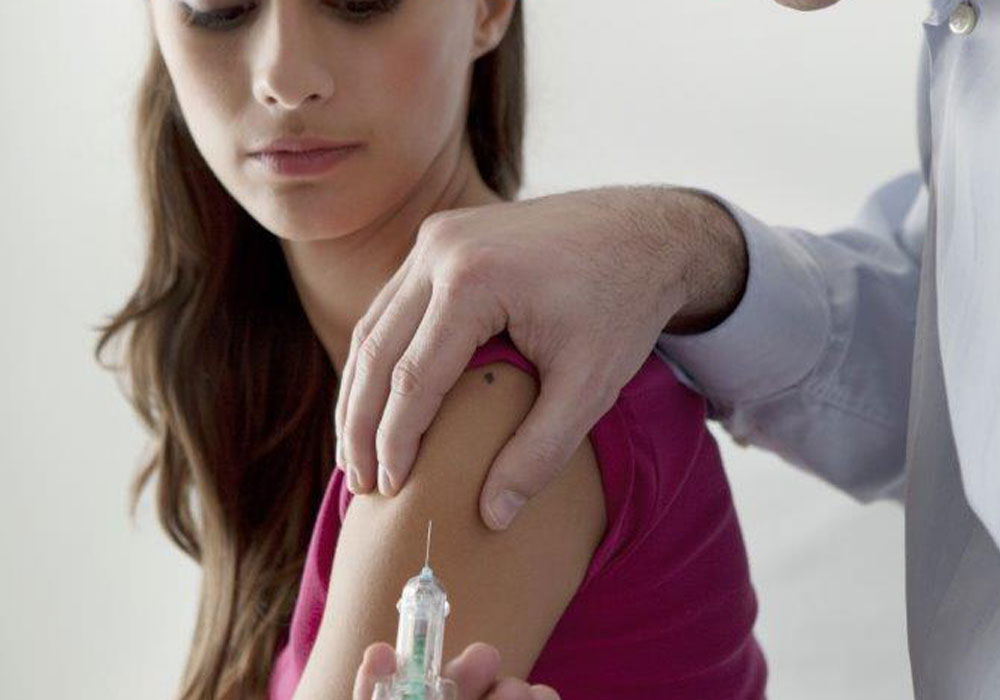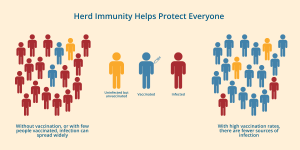A recent study adds to mounting evidence that one dose of the HPV vaccine might be sufficient to provide protection against cervical cancer for women around the world. The World Health Organization (WHO) says a one-shot protocol could be a game changer as it would be logistically and financially easier, especially in under-resourced parts of the world. In fact, last year, the WHO changed its recommendation to one or two doses for young women under 21 and two doses for those over that age.
The new study enrolled 2,275 participants in Kenya and broke them into three randomized treatment groups. The first group received one dose of the bivalent HPV vaccine (that protects against two types of HPV), the second got the nonavalent vaccine (that protects against nine high-risk types), and the third group served as a control (they got a meningococcal vaccine). Researchers took cervical swabs every six months for three years and tested them for HPV. An earlier report based on the same research study found that both types of HPV vaccines we highly effective in preventing cancer-causing types of HPV and that the effectiveness was similar to multi-dose regimens.
While the newest results have not been released yet, Dr. Ruanne Barnabas, the co-principal investigator told CNN, “These results add to the growing body of evidence to support use of a single dose, especially to facilitate access and coverage for HPV vaccines, which are among the most effective vaccines that we have.”
This study provides support for WHO’s decision last year to revise the vaccine recommendations, a move that some experts worried was premature. Peter Dull, who manages HPV vaccine development for the Gates Foundation said the change was necessary in some places, “In many of these geographies, giving two doses a year apart is really complicated. So this just reduces the barrier to countries that really want to introduce the vaccine but have logistical challenges or cost challenges, that it helps to remove one critical barrier to bring additional countries into use of this important vaccine.”
In the United States, however, experts are not necessarily ready to declare one dose enough. Dr. Ted Teknos, an otolaryngology-head and neck specialist at University Hospitals in Cleveland, said the findings are encouraging but added, “These patients will need to be studied longer to ensure that one shot is sufficient for a lifetime for protection.”






